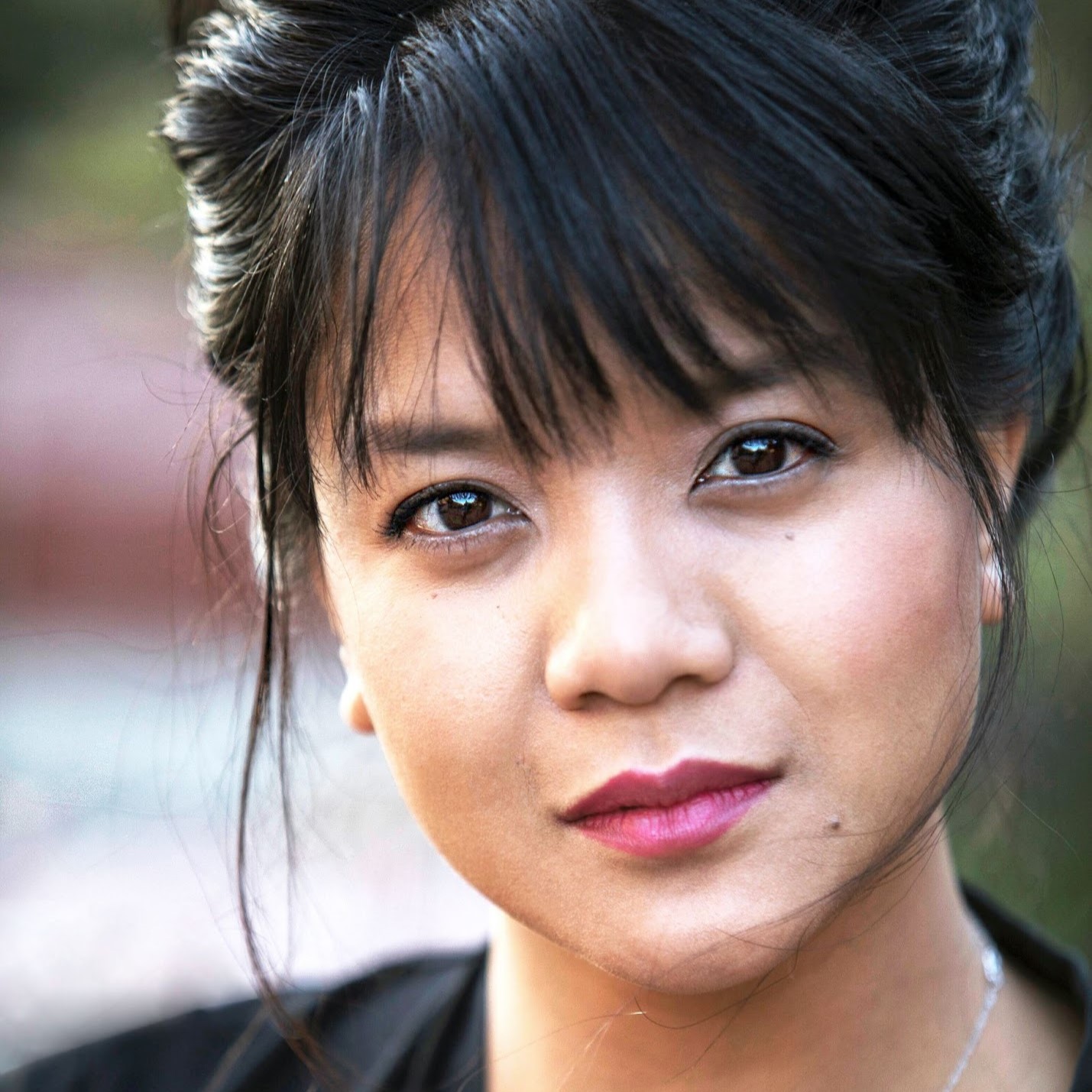Sasha Pimentel was born in Manila, Philippines and spent her child moving back and forth between Saudi Arabia, Georgia, New Jersey, and Connecticut. While Pimentel still thinks of the Philippines as “home,” the diasporic longing and her experiences living in many different places have shaped her both as a person and a writer. Pimentel’s itinerant childhood shaped her fascination with language: Tagalog was her first language before she learned English, French, and then, in her adult life, Spanish. She began writing what she described as “awful, sentimental poetry” in college, then got more serious about her writing after graduating. Her MFA thesis from California State University-Fresno became her first published collection, Insides She Swallowed (University of New Mexico Press, 2010), a recipient of the American Book Award. Pimentel described the collection as a marker of her feelings at that moment in her life, the voice of a woman in her 20s. Her second collection, For Want of Water (Beacon Press, 2017), received the Helen C. Smith award, was selected for the National Poetry Series by Gregory Pardlo, and was longlisted for the PEN/Open Book Award. It explores borders, the cartel wars, and people who have been impacted by violence along the border between Texas and Mexico. Along with writing, Pimentel is also a teacher. She was the Picador Guest Professor for Literature at Universität Leipzig in Germany in the 2018–2019 academic year and currently teaches in the Bilingual MFA Program in the Department of Creative Writing and the Chicano Studies Program at the University of Texas, El Paso. Her work is deeply influenced both by her students and El Paso itself, where she resides with her husband Michael Topp, a historian, on the border of Ciudad Juárez, México. Pimentel describes El Paso as the only city in the US that she has ever felt free as a scholar and artist, as a brown woman working in a community of color. Pimentel’s writing is influenced by the old and the new. She says that she is obsessed with reading and collecting artists’ last works, paintings, and symphonies in an attempt to learn from their final insights. In terms of her own writing, Pimentel says that she likes to wake up early before the sun comes up and write until the afternoon or evening, sometimes working all day without speaking. It is the silence that allows her to produce “sound,” for she is devoted to the idea that poetry is a kind of music. She is a firm believer in letting her poems sit for a while; it is only with time that Pimentel feels confident that her poetry is worth sharing—otherwise she knows it’s time to “write another one.”
Photo Credit: Jorge Salgado

